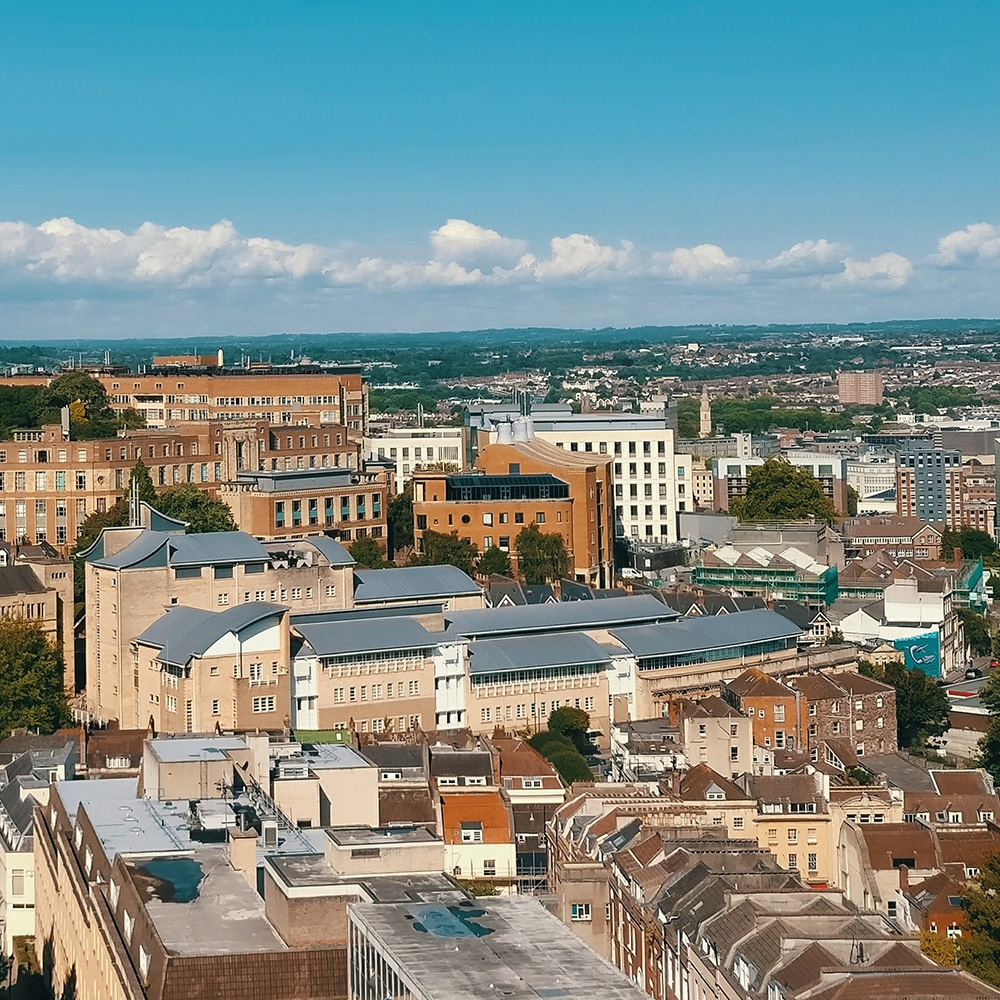What’s happening with Stamp Duty? Before we explain what is happening with the stamp duty changes, it might make sense to describe what stamp duty is. Stamp duty Land Tax (SDLT) is a tax that is paid when you purchase a property. The amount of stamp duty you will have to pay depends on the value of the property you are buying and if you have any existing properties. It is payable to HMRC 30 days from the completion. HMRC estimates that Stamp Duty raises £12bn for the Government. This is roughly 2% of the total tax the treasury takes. In April 2016 there were big changes to stamp duty. Previous to this, you wouldn’t have to pay stamp duty on the first £125,000 of your properties value, and then a sliding scale was applied to anything above £125,000. From April 2016, if you already owned a property, you would have to pay an additional 3% of stamp duty.
Checkout the best mortgage advisors in Bristol!
Because of the global pandemic, Rishi Sunak announced that he was going to introduce a stamp duty holiday until 31st March 2021. What this meant is that there would be no stamp duty to be paid on properties up to a value of £500,000. If you are buying a property of £500,000 or more, you would save £15,000. Due to the stamp duty holiday, the average stamp duty bill will drop by £4,500 and provide 9 out of 10 people buying the main home will have no stamp duty to pay. It is estimated that the stamp duty holiday will cost the treasury £3.8bn. From the 31st March 2021, the stamp duty holiday will end and we will revert back to the previous stamp duty thresholds:

You’ll usually have to pay 3% on top of SDLT rates if buying a new residential property means you’ll own more than one.
For queries related to debt consolidation and remortgage, click here!
For people who are currently buying property, it means that if they don’t complete it before the 31st of March, they will have to pay the additional stamp duty. If the property is valued at £500,000 or above, this will mean a stamp duty bill of £15,000. Due to the stamp duty holiday, there has been a surge in mortgage applications. The Bank of England reported that October 2020 saw a 5.9% increase in approvals compared with September and this was 51% higher than in the previous year. Due to the increase in mortgage applications, coupled with a lack of surveys, solicitors, and bank staff due to covid, the mortgage industry has been creaking under the pressure. We’re already hearing reports that if you are in the process of purchasing a property and you are not looking to complete before the 31st March, solicitors are not working on your purchase, so they can prioritise transactions due to complete before the end of the stamp duty holiday. Once the stamp duty holiday has ended, there are expectations that house prices will stagnate. Some have estimated that house prices may fall as much as 5% in the final quarter of 2021. A petition has reached 116,000 signatures requesting that the government debates an extension to the stamp duty holiday for a further 6 months. Jacob Rees-Mogg has suspended debates in Westminster, which means that it won’t be debated by Government until the suspension has finished. At this time, there is no date for the suspension to end and with little more than 2 months before the stamp duty holiday passes, it’s starting to look like an extension isn’t on the cards. If you’re looking for a Broker or Mortgage Advisors in Bristol, who can manage your mortgage application from start to finish click here.

